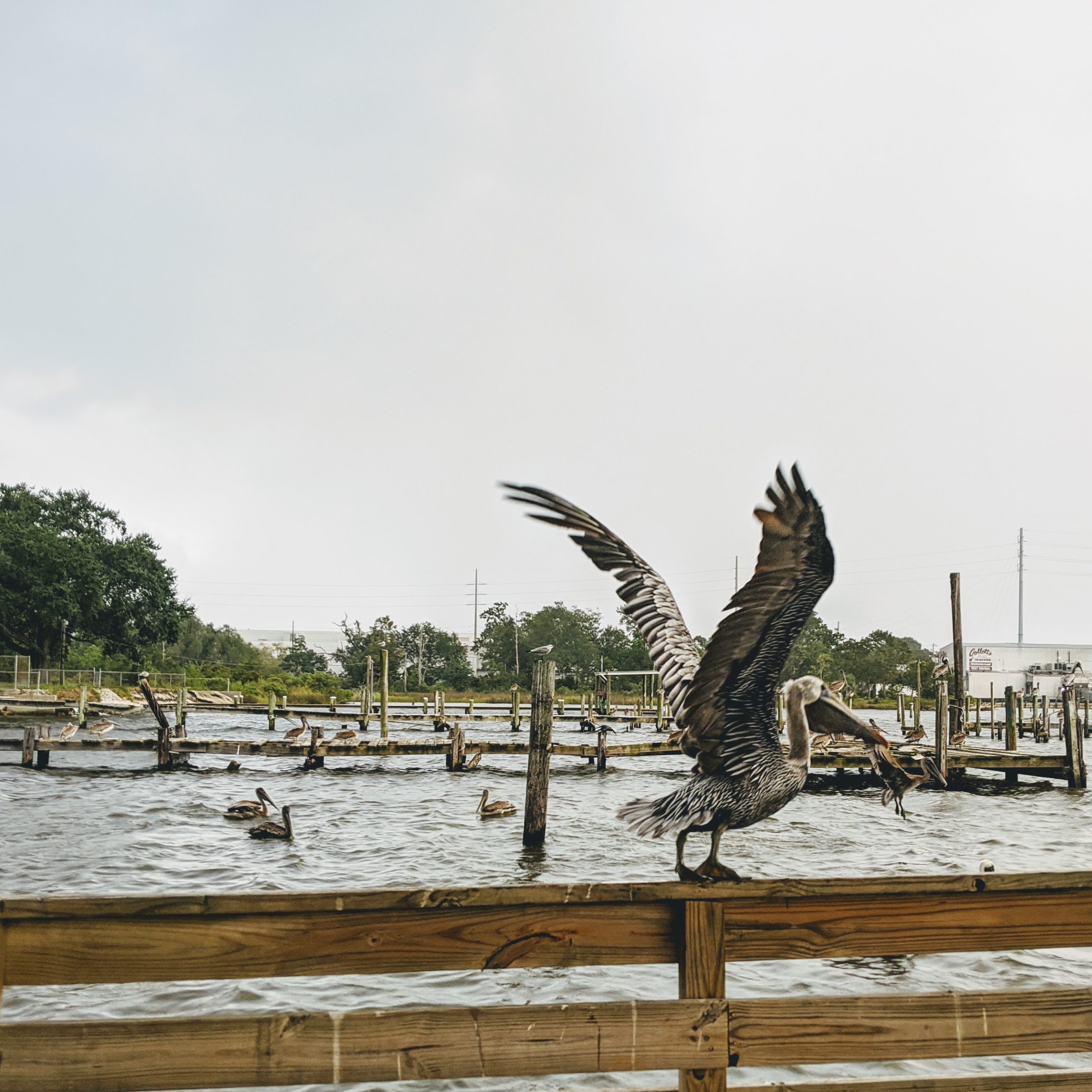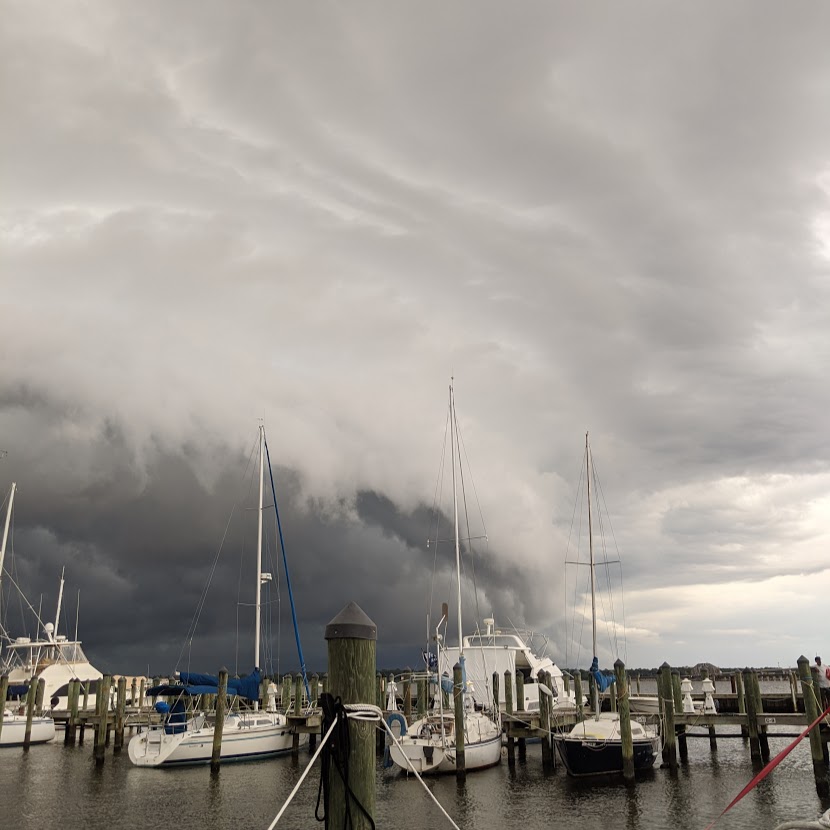Having spent several days trapped aboard the Sea Shanti due to a freakish ice storm in New Orleans, I’ve had time to think about chaos and order. It’s been a common motif this year ever since I re-read Robert Anton Wilson’s mind-bending sci-fi trilogy The Illuminatus! Trilogy this summer. Throughout the novels, he makes the case that order, not chaos, is the source of society’s ills.
It’s an entirely counter-intuitive proposal, and yet, the more I think about it, the more I’m convinced that it’s one of the smartest ideas I’ve ever stumbled across.
As with some of my other weird-o posts, you may be asking how this is relevant to the Sea Shanti. I’ll try to explain.
We bought the Shanti spontaneously. We didn’t have a seven year plan. We hadn’t been contemplating the purchase of a sailboat for decades. Instead, we realized one day that we weren’t satisfied with all the things, and we made the decision to change them. All of them.
Miraculously, I found the Shanti, a dilapidated, abandoned boat, within a month of our decision. Despite her appearance and a cosmopolitan colony of termites, she had one undeniable feature going for her: a rock bottom price tag. We dumped our meager savings (and maybe some of our monthly budget) into her purchase, and we proceeded from there.
In May, we set a date to move aboard August 1, come hell or high water. When the drop dead date arrived, she wasn’t near being finished. In fact, as Jack likes to point out, she didn’t even meet the minimum requirements to be called a boat: she couldn’t float. Nevertheless, we’d already canceled our lease, so move we did.
Since then, we’ve learned what it means to be entirely at the mercy of the whims of the universe. We’ve dodged storms powered by hurricanes that narrowly skirted us, huddled in her belly, listening to tarps beat against her like leathery wings. We’ve endured ice storms that sealed our hatches shut and made a walk along the dock as treacherous as a walk along Everest’s spine. We’ve watched our finances fluctuate wildly, and we’ve fought exhaustion and depression like battle-worn soldiers on a death march.
In short, we’ve become master chaos-wranglers, and it’s been an invaluable lesson in the value of coming to terms with chaos.
I’ve realized that we civilized folk have come to expect order as our due. We’ve gotten so accustomed to it that we believe it’s the natural order of things when nothing could be farther from the truth.
We impose order on chaos, but it’s a strain to maintain that order because it’s not natural. We believe that we can secure ourselves against hardship by following rules prescribed by tradition and convention, but in truth, security is a myth, and it’s a dangerous myth. It leaves us unprepared when chaos can no longer be contained.
In other words, it’s not chaos but our own expectation of order that leaves us devastated when the worst-case scenario becomes the inevitable scenario.
The natural order of things is chaos, and chaos doesn’t have to be a scary thing. Embracing it gives you an advantage: adaptability. When you accept that your life is going to be subject to uncertainty, you can learn to adjust your expectations. When you adjust your expectations and begin to see uncertainty as an opportunity – to grow, to learn, to challenge yourself, it’s possible to see chaos as fertile ground for the development of your imagination, ingenuity, and intuition.






[…] in January, I was trying to recover from a particularly brutal winter aboard the Sea Shanti. Once more, we were struggling to make ends meet, questioning the wilderness path that we’d […]
[…] one trial after another. I won’t run through the list again. Just go back and read any of my earlier blog […]